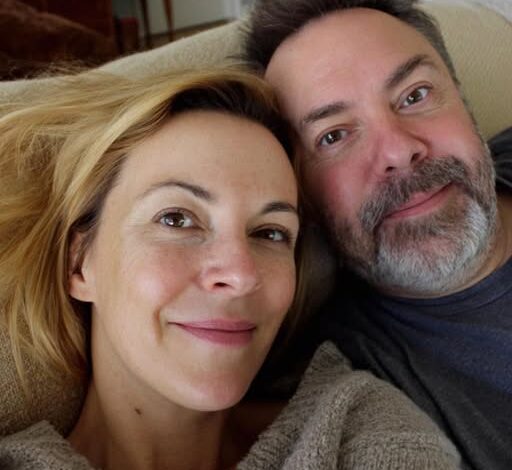My Husband Visited His Sick Uncle Every Saturday – but When I Called the Uncle, He Said, I Have Not Seen Him in Six Months!

Trust is the quiet foundation of a long marriage, a steady floor you never expect to give way beneath your feet. After twenty-five years with Darren, I thought I knew every corner of his heart. He was a man of routine and responsibility, the kind who never forgot an anniversary or an oil change. So, when he told me three months ago that his Uncle Michael had suffered a minor stroke and needed weekly assistance, I didn’t hesitate to support the idea.
“He lives alone, Claire,” Darren said, his face etched with a convincing mix of concern and duty. “The doctor ordered strict bed rest. If I don’t go every Saturday to help with groceries and meds, who will?”
It seemed like a noble gesture. Every Saturday at 9 a.m. sharp, Darren would grab his keys and travel mug and embark on a four-hour trip to “care” for a man who had always been a somewhat distant figure in our lives. I admired his dedication. I even offered to join him, to help cook or simply share the drive, but he always gently declined, saying it was a “guys’ thing” and that I already had enough on my plate.
The truth began to unravel one Friday afternoon, born from a simple, kind impulse. I had baked a batch of blueberry muffins and decided to call Uncle Michael to let him know Darren would be delivering a homemade treat the following day.
“Claire! Wonderful to hear from you,” Michael said, his voice surprisingly strong.
“I’m just checking in, Michael. I’ve got muffins for you. Darren will bring them tomorrow during his weekly visit.”
There was a silence on the other end—a hollow, ringing pause that made the hair on my arms stand up. “Tomorrow?” he asked slowly. “I didn’t know I was having guests. Claire, I haven’t seen Darren in at least six months.”
The kitchen floor seemed to tilt beneath me. I tried to brush it off as a misunderstanding and hung up, my heart hammering. If Darren hadn’t been with his uncle, where had he gone for twelve consecutive Saturdays? In the silence of the house, the word “affair” echoed in my mind.
I didn’t confront him that night. I watched him walk in, kiss my cheek, and talk about “Michael’s progress” with a fluency that made my blood run cold. I needed proof. After he fell into a deep sleep, I went to the garage and retrieved the memory card from his dashcam.
Sitting in the glow of my laptop at 2 a.m., I braced myself for the sight of another woman. I clicked through the GPS logs and video files. Every Saturday, Darren followed the same route, but he never drove toward Michael’s town. Instead, he stopped in a quiet neighborhood and parked in front of a small blue house.
The latest footage showed a young man stepping out of the house. As he approached the car, the resemblance hit me like a punch. Square jaw, dark wavy hair, and the same subtle tilt of the head when listening.
“Dad,” the young man said, his voice clear even through the dashcam’s external mic.
I sank into my chair. It wasn’t an affair—not in the way I had feared. It was a son. A living secret, hidden for half a year. I watched Darren hand over grocery bags and sit in the car with him, their silhouettes huddled together in deep conversation.
The confrontation the next morning was swift. I didn’t yell; I simply turned the laptop toward him as he walked into the kitchen for his morning coffee. Color drained from his face.
“How long?” I asked, my voice trembling.
“Claire, it’s not what you think,” he started.
“Then tell me what I’m supposed to think, Darren! You used a sick relative as a cover to visit a secret family. Is he yours?”
He sat down, looking older than I had ever seen him. “Yes,” he whispered. “I found out six months ago. A DNA kit I had done years ago… Ethan is twenty-three. I didn’t know his mother was pregnant when we broke up, long before I ever met you.”
And he explained why he had lied: he panicked. He wanted to meet his son, to know he was real. Ethan’s mother is sick, and he couldn’t turn away from his own blood.
Instead of destroying our marriage, the secret gave us a chance to expand our family. Visiting Ethan and his mother became part of our life. The secret didn’t break our foundation; it simply forced us to build a bigger house—one with room for an unexpected son and the beautiful, complicated truth of a fully shared life.